Bam Mendiola Won't Take SHIFT Anymore
Bam Mendiola on Tahoma (Mt. Rainier)
Bam Mendiola is part of a movement of diverse people demanding accountability and equity within the outdoor industry in addition to diversity. In other words, diversity is not enough. They use their voice in support of people of color and LGTBQ2IA folx—often in stark contrast to a subset of outdoor organizations which are publicly stumbling through their diversity outreach while insisting that marginalized communities accept their good intentions as currency.
Mendiola is a diversity consultant, public speaker and an alpinist who enjoys climbing stratovolcanos in the Pacific Northwest. After growing up in a migrant community in Yakima, WA, they moved to Duwamish territory (Seattle, WA) seven years ago where they have been living ever since. They’ve been featured by NBC, the Mountaineers and Washington Trails Association. They recently traveled to Telluride, CO where they delivered a keynote on day one of Mountainfilm, a documentary film festival. Mendiola’s voice has also been particularly prominent in the #WontTakeSHIFTAnymore campaign on social media.
Here’s what you should know about SHIFT:
Shaping How We Invest For Tomorrow (SHIFT) is an annual conference held by the 501(c)(3) Center for Jackson Hole.
It brings together conservation, outdoor recreation and land management professionals with workshops, keynotes and events around Jackson Hole, Wyoming.
The conference includes a week-long Emerging Leaders Program (ELP) for early career professionals working in fields contributing to conservation efforts.
The founder and Executive Director of SHIFT is Christian Beckwith.
In October 2017, the previous year’s conference got a glowing review from Outside Magazine senior contributor Frederick Reimers who, incidentally, joined the SHIFT Board soon after.
SHIFT’s past keynotes have included notable icons in the conservation community such as former National Park Service director, Jonathan Jarvis.
SHIFT receives $100,000 each year from the Jackson Tourism Board. In 2017, their IRS filings reported $287,444 in contributions and grants
What is #WontTakeSHIFTAnymore?
The campaign is led by 17 former SHIFT participants who have publicly asked that the Center for Jackson Hole Executive Director, Christian Beckwith resign and hire someone with diversity, equity and inclusion (DEI) training.
#WontTakeSHIFTAnymore began after the campaigners described a “racially hostile,” “unsafe and toxic environment” during SHIFT last year from October 12-19, 2018
The same people behind #WontTakeSHIFTAnymore initially asked Beckwith to resign via a written letter sent to the Center for Jackson Hole Board of Directors on November 5, 2018
On December 21, 2018 the board sent this official response confirming that Beckwith would continue on as Executive Director
On April 12, 2019, the Center for Jackson Hole Executive Director issued this public apology
On April 13, 2019, the #WontTakeSHIFTAnymore campaign was launched via social media and an article on Medium.com
The #WontTakeShiftAnymore campaign also asked the Jackson Hole Tourism Board, which gave $100,000 in FY17 and again in FY18, to divest from SHIFT in an April 25 letter. The Tourism Board declined.
After SHIFT 2017, the Center for Jackson Hole Board experienced an unusually high turnover. New board members were recruited from previous Emerging Leader Program classes to include Natives Outdoors founder & CEO, Len Necefer.
After the controversy broke in April 2019, another board shake-up occurred. Three board members, Aisha Weinhold, Leandra Taylor and Justin Forrest Parks, resigned in quick succession
One former board member, Justin Forrest Parks, wrote a public apology letter that expressed his solidarity with #WontTakeShiftAnymore
The former Emerging Leader Program (ELP) coordinator, Grace Anderson, contributed a letter to the #WontTakeSHIFTAnymore campaign emphasizing that the some of the early career professionals recruited to the Emerging Leader Program endured “blatant racism, tokenization and emotional labor in the name of ‘progressing the field.’”
Mendiola (3rd from left) is pictured with friends at Mountainfilm in Telluride, CO. Photo courtesy of Adam Snyder.
We asked Mendiola a few questions about the state of diversity, equity and inclusion (DEI) efforts in the industry.
What do you see as problematic with the current state of DEI in outdoor industry?
SHIFT is an example of what I see occurring elsewhere in the outdoor industry: companies are selling an image of inclusivity without taking steps to change the systemic and institutional imbalances which created that lack of inclusivity to begin with. It amounts to tokenizing communities of color. They’re using our faces and stories to appear to be inclusive without making any real changes.
I see outdoor organizations and companies which are trying to create a mono-myth out of our lived experiences. The narrative they’re selling is that while we’ve experienced racism and poverty and that we’re somehow wiser and stronger for having gone through it. Except racism hasn’t made us wiser and stronger. It has caused significant harm.
What is outdoor industry getting right?
I do see organizations that are creating space around dominant identities but that work isn't being done in an intersectional way. If our work is not intersectional, our work is not complete. Diversity, equity and inclusion work must center and uplift those with intersectional identities such as women of color, queer folx of color, disabled people of color.
I see great work being done around a singular identity: race or gender. I’d like to see more organizations working towards co-liberation instead of competition.
One organization that is doing this successfully is Queer Nature. They embrace the concept that ‘my liberation is tied to everyone else's liberation and I won't be free until everyone else is free.’
Bam Mendiola on Koma Kulshan (Mt. Baker)
How do organizations get started down the path to racial, gender and LGBTQ2IA + equity?
We get started by leveraging our privilege and the protection afforded us by society to hold space around the lived experience of people who are being targeted. That's something SHIFT didn’t do, something Christian Beckwith didn't do.
It also starts with naming privilege—naming your identity; especially if your identity allows you to benefit unfairly from systems of protection and oppression. It’s important to use the space you’re given in society to uplift others. We should all be doing this.
I believe people like Christian Beckwith should not be taking up space within communities of color. It's his responsibility to take the unlimited space he’s been given to take up space within his own community and advocate for change there.
I also think that white led organizations that have a lot of resources should be taking up space with other white led organizations. I think it's also important for white led organizations to consult with each other to end the cycle of making the same mistakes and perpetuating the same harm
“We’re asking...at whose expense does their learning come from? The learning of gatekeepers in outdoor industry comes at the expense of women of color and queer folx.”
What about mostly white small businesses or organizations who want to be allies? What should they be doing?
If they’re not currently acting in support or solidarity of communities already they can start by hiring and paying people for their labor. I think first steps should include bringing in folks who are already doing anti oppression work and centering their work.
Secondly, look at systemic and institutional barriers within your own organization that are creating inequality. Look at barriers that keep women of color and people of color from having access to board positions or executive roles.
Maybe you’re volunteer based. Ask yourself, who can most afford to give away their labor? Often times the most targeted members of our community don’t have the resources or time to give away their labor for free. Look at barriers to entry that have kept your organization from attracting people with marginalized identities
What is the goal of #WontTakeSHIFTAnymore?
We have asked for the Executive Director to resign. We first requested this through the form of a letter to their board. The letter was sent in November 2018.
Those of us who were directly impacted by Christian are really hurting because he’s still in a position of power.
We feel gaslighted by those who have implied that the issues with SHIFT will somehow get better on their own. I think to some degree people just hoped it would.
I was the one who originally planted the seed of asking this guy to resign. That was a risky move when we decided to talk about it. When I first brought it up it took a lot. The original letter to the board asking him to resign took a lot. I’m in awe of everyone who has joined us in our #WontTakeShiftAnymore campaign.
Another goal of the media campaign is to inform the next generation so that they can make their own decisions about to whom they entrust their livelihood, health and their lived experiences
Why does the DEI community fail over and over to uplift those with intersectional identities?
Folks with intersectional identities are literal and figurative bridges among us. Folks who, in their bodies, are carrying the ancestral wisdom of many communities have so much to teach us.
Our ecological niche needs to center and uplift the most impacted. When we fail to prioritize the needs and concerns of the most impacted we must demand and expect accountability from one another. What happens when the peacekeeper causes harm? What do we do when our actions fail the most vulnerable of us?
Should men of color get a pass? Definitely not. I think if the DEI community did a better job of listening to those who already act as a bridge between communities we would already be able to center the most impacted and targeted among us. Instead the most impacted among us are often asked to sacrifice their health and safety to the learning curve of white organizations.
“If you are asked to work with a vulnerable population you should have the right training and lived experience to do so without causing harm. ”
You and other #WontTakeSHIFTAnymore activists and supporters have been accused of bullying. Can you respond to that?
I think that what I’ve found interesting is that SHIFT and their board of directors have yet to name racism as disruptive or misogyny as disruptive. Instead they’ve called women and queer people of color disruptive.
We should put the responsibility on systems of oppression instead of on communities who are surviving systems of oppression. We should hold systems accountable instead of blaming the victim. Folks will be quick to blame victims of racial violence instead of asking for systems of racial violence to be dismantled.
Education should never come at the expense of targeted communities. Good intentions don’t justify harm. The lessons Christian Beckwith claims to have learned should never come at the expense of our health and well being. I get this a lot. We’re asking the community to always ask themselves at whose expense does their learning come from? The learning of gatekeepers in outdoor industry comes at the expense of women of color and queer folx who are asked to dismantle systems that they did not create and do not benefit from.
Our health and well being should never being sacrificed. If a person of color had inflicted harm on 17 white people their chance of ever working again in this industry would be zero, but when the transgressor is a white man, it's called a learning opportunity. Just so we’re clear what you’re witnessing is one man keeping his job after 17 people have publicly detailed their traumatic experience and asked for his resignation—after three people resigned from the SHIFT board in protest—after countless other marginalized people have risked being blacklisted to publicly lend their support to the #WontTakeSHIFTAnymore campaign.
For many in the outdoor industry—even among so-called DEI experts, DEI is a mostly academic concept. For those of us who have experienced racial trauma, diversity, equity and inclusion (DEI) are matters of self preservation and health. If you are asked to work with a vulnerable population you should have the right training and lived experience to do so without causing harm.
Disclaimer: The author, Danielle Williams, briefly worked for SHIFT in 2018. She did not receive any compensation during that time. She, along with Melanin Base Camp LLC are public supporters of the #WontTakeSHIFTAnymore campaign.


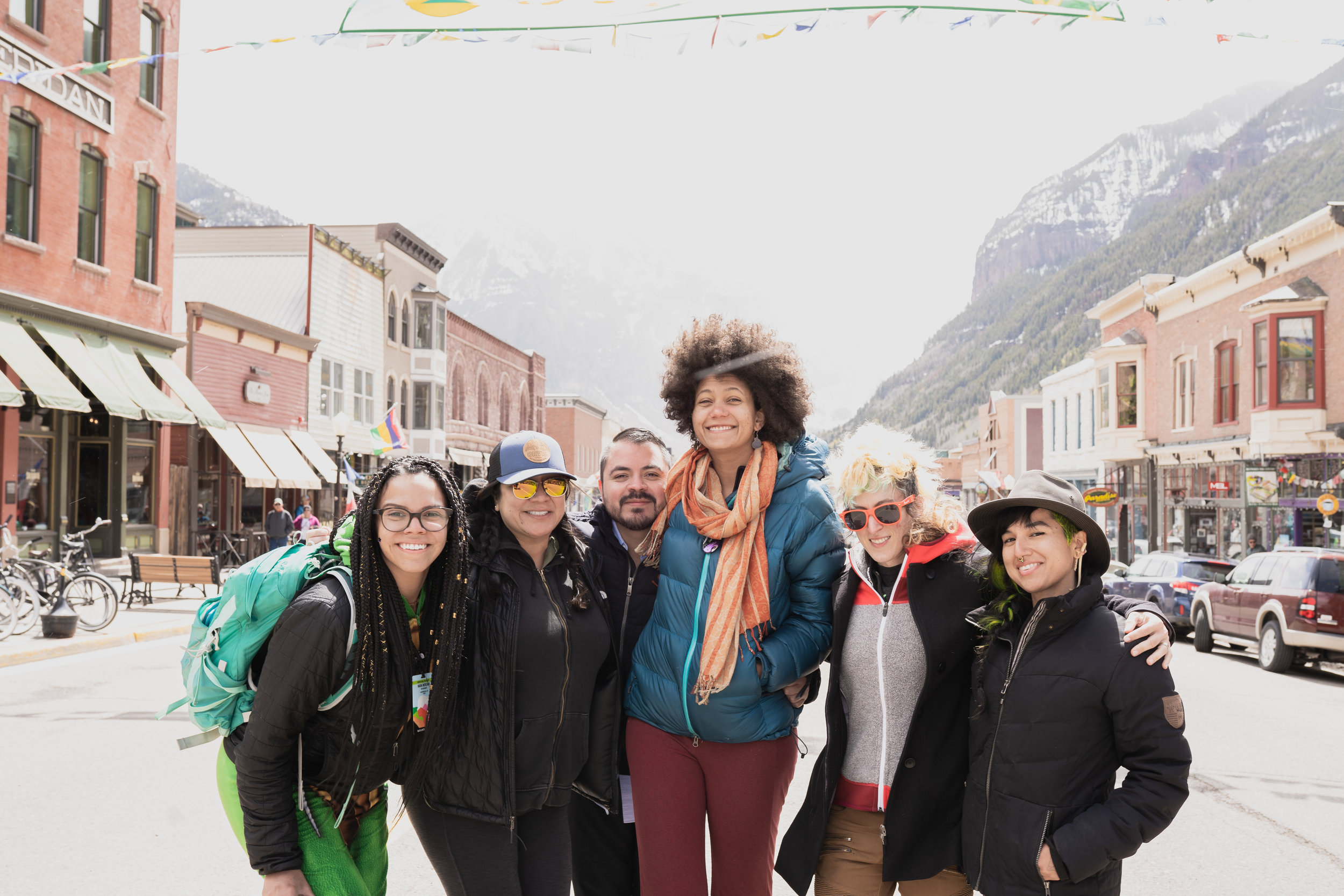


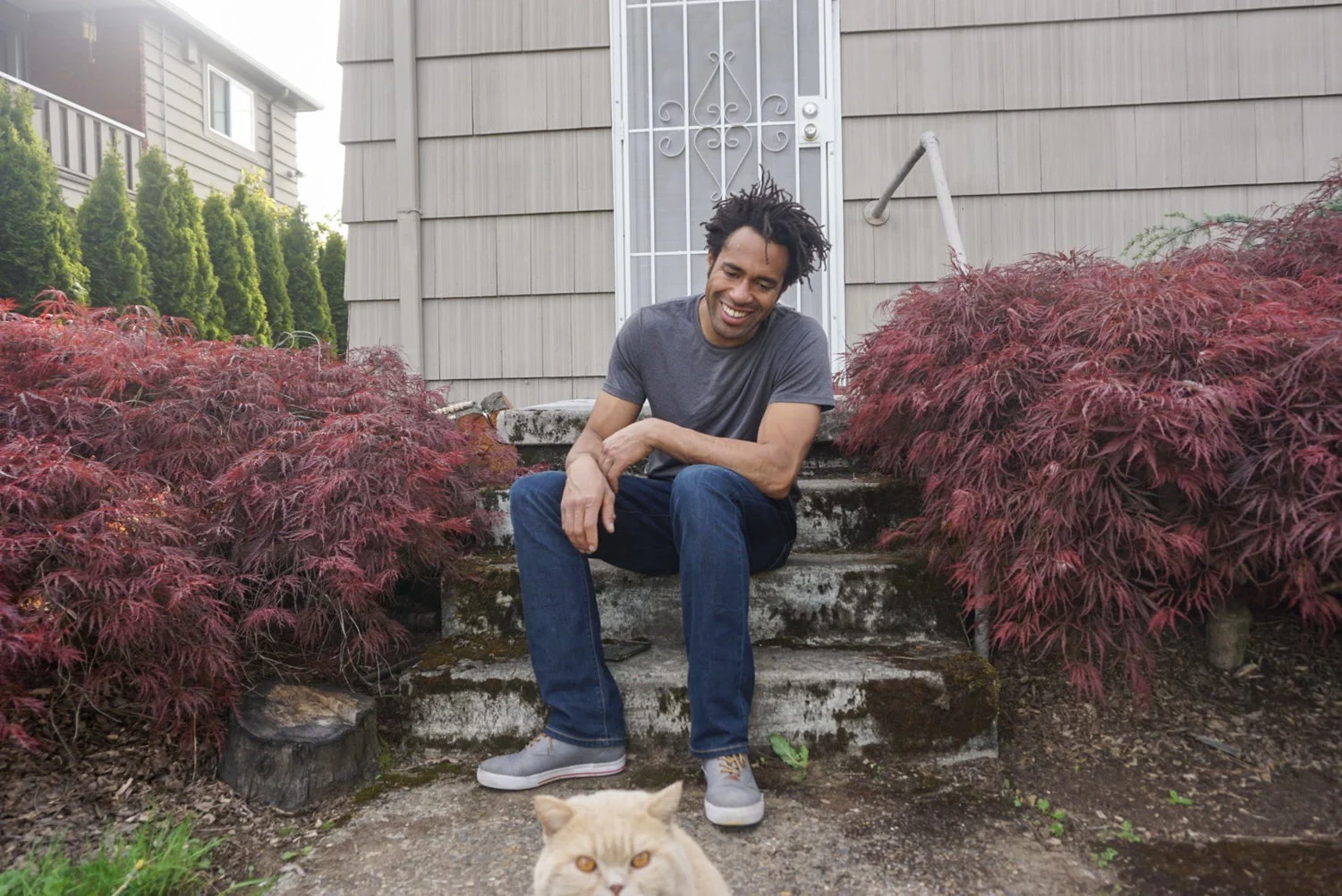



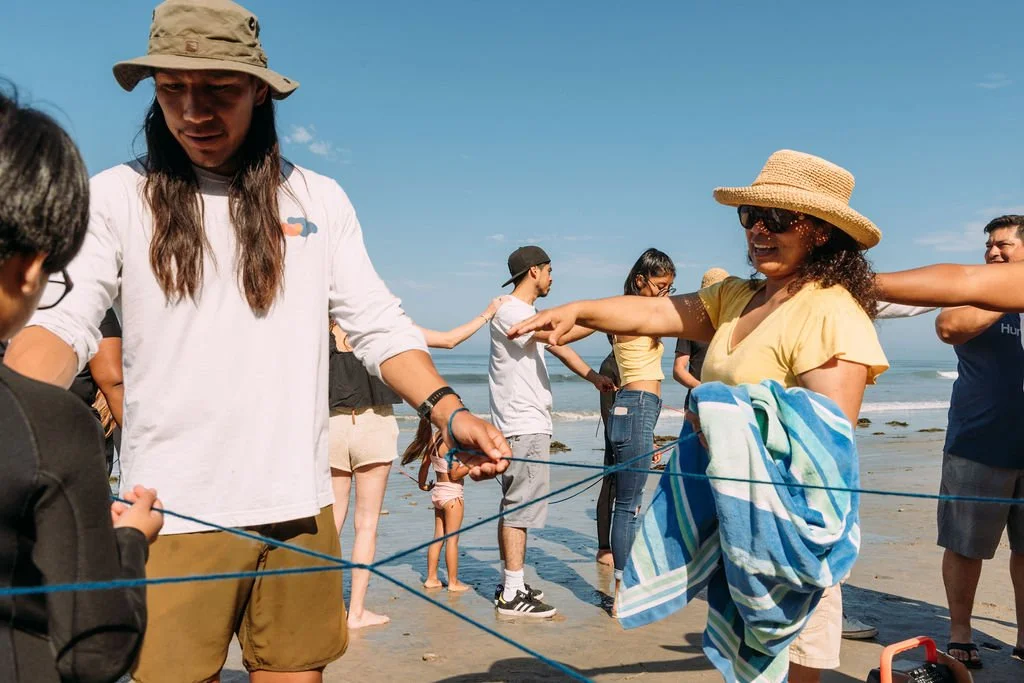

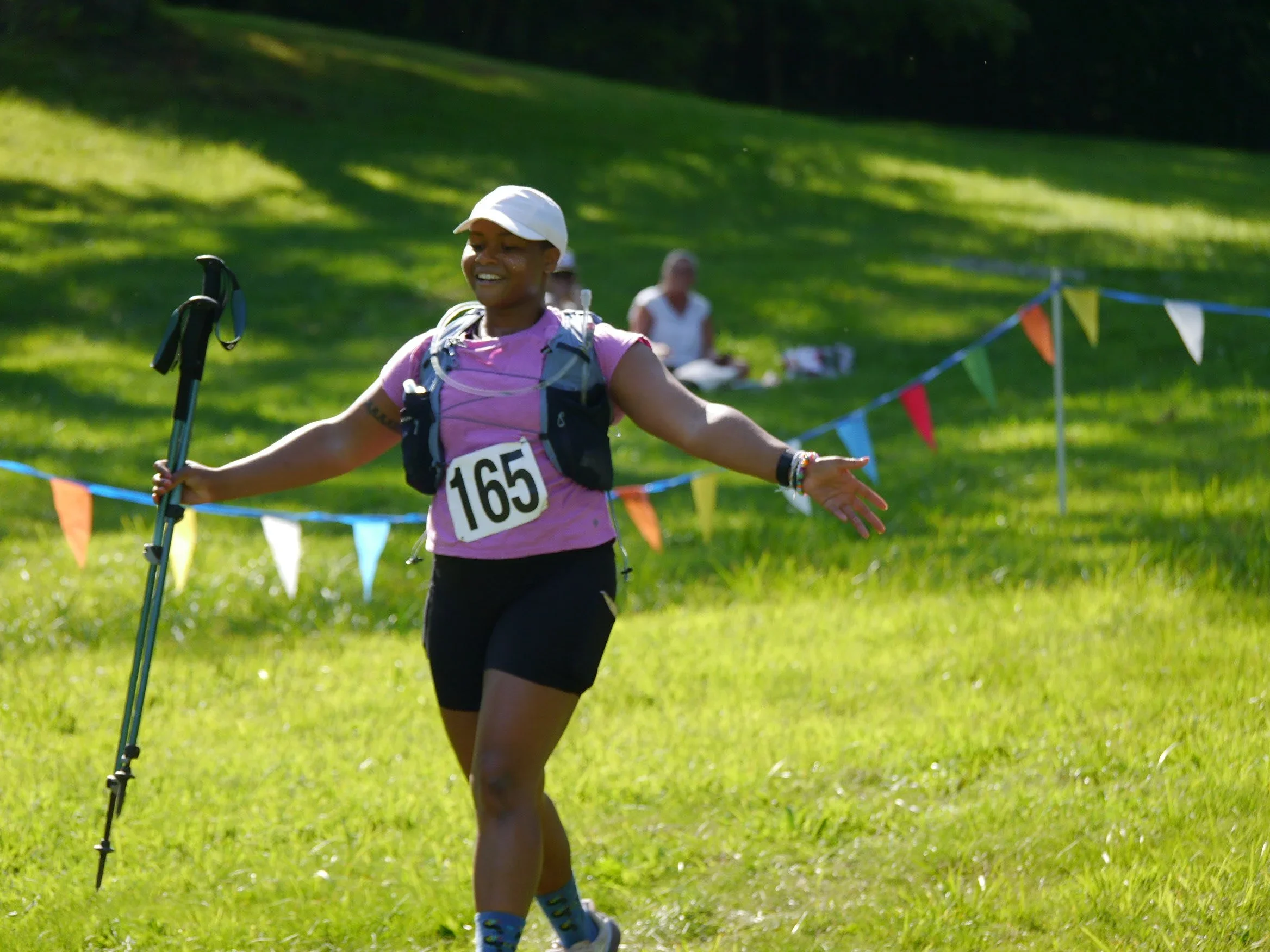


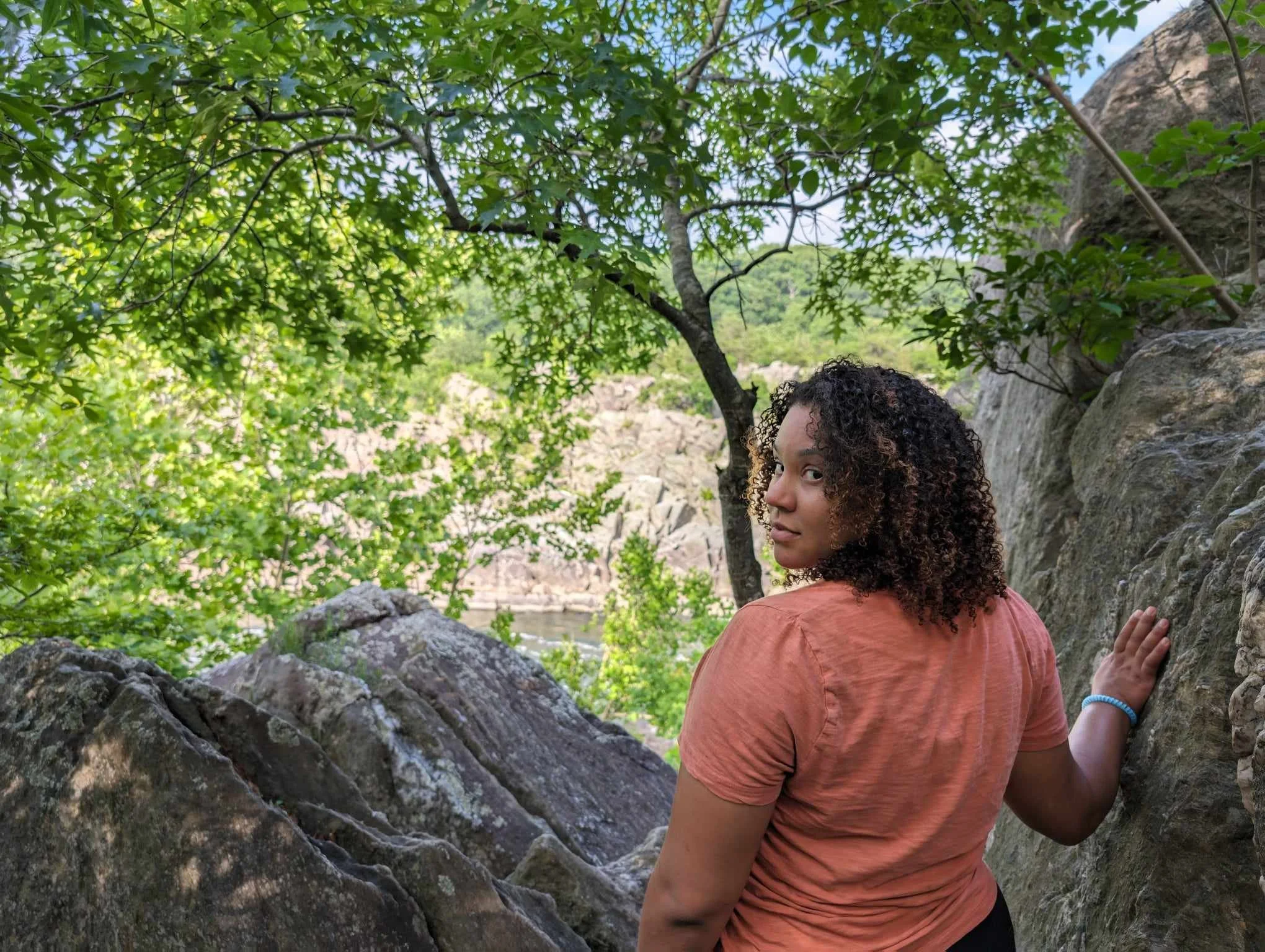

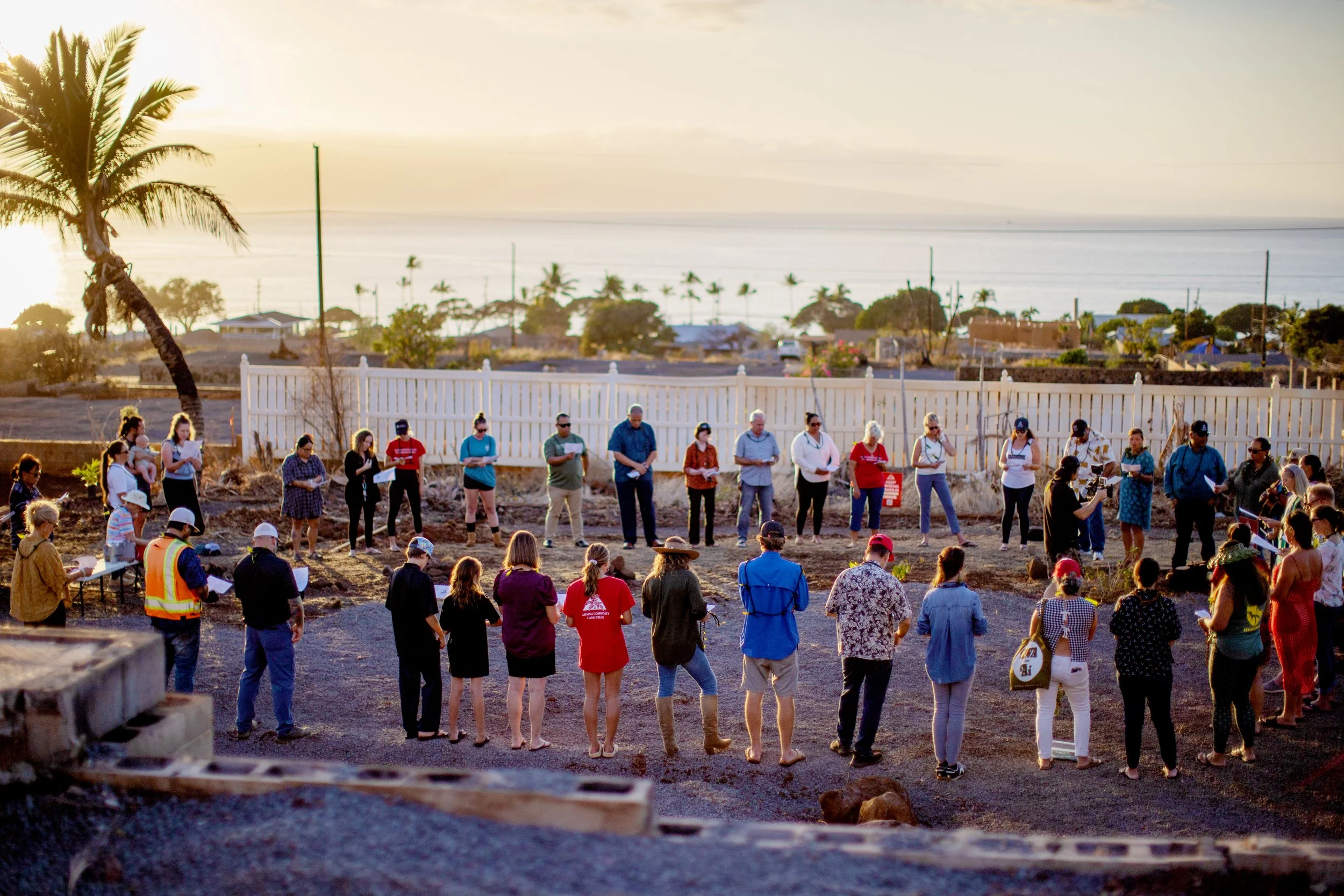


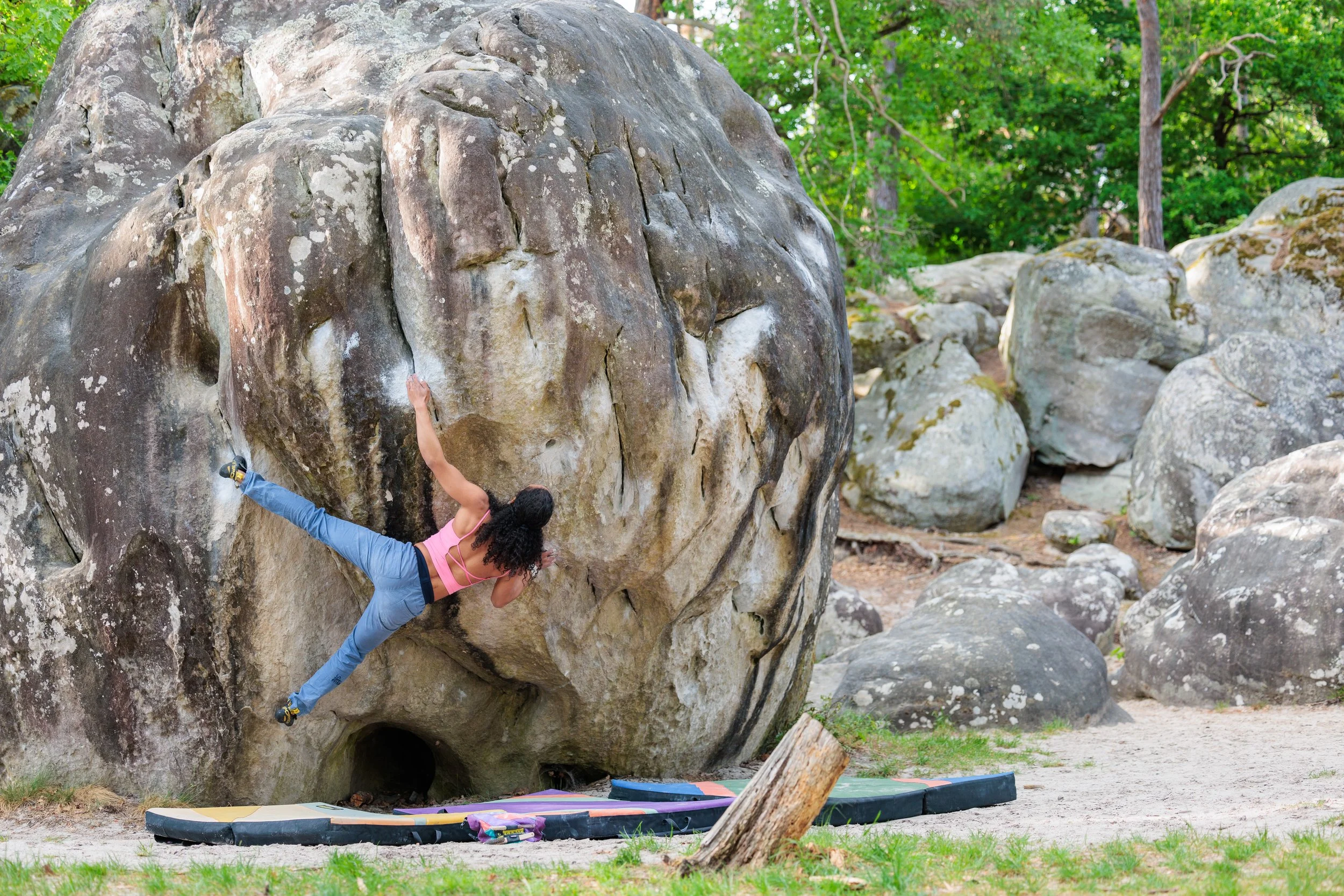

The BioLite HeadLamp 330 is a powerful and lightweight wearable flashlight; combined with the BioLite light diffusing stuff sack, you’ll be fully prepared for your first or 1,000th night outdoors.